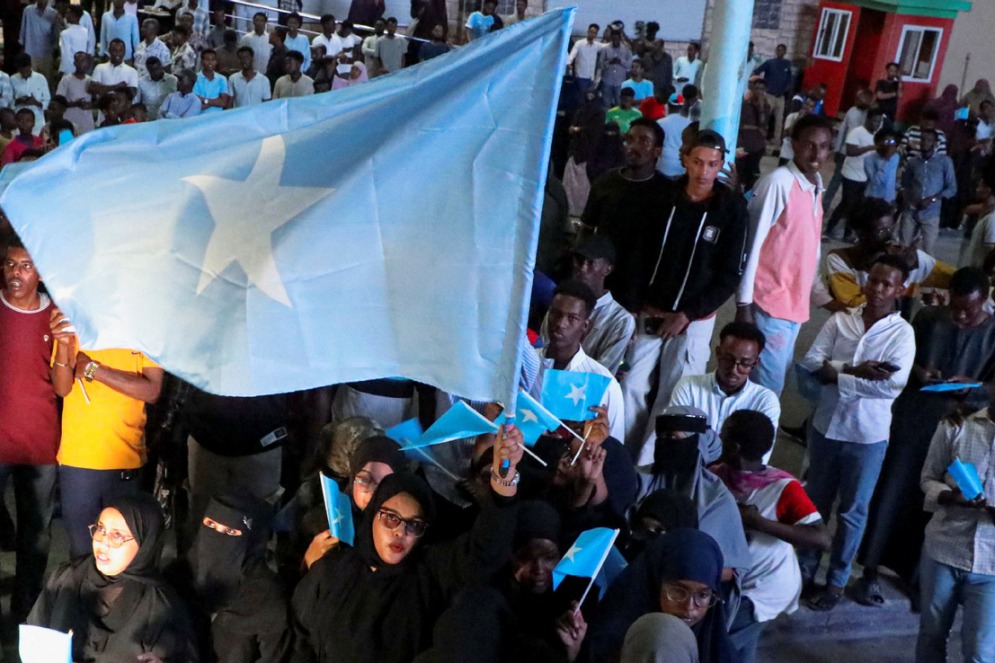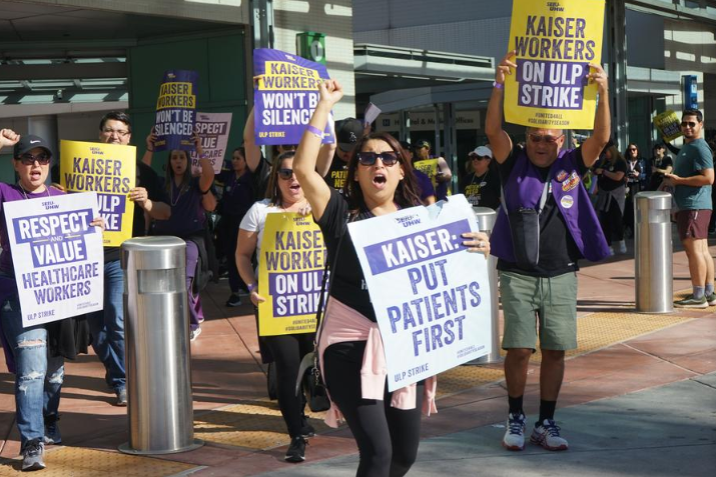Female empowerment is improving but report shows gender bias remains


While women work more hours than men, this work is more likely to be unpaid care work. The Oxfam charity has calculated that the monetary value of women doing care work for free is nearly $11 trillion a year, three times the size of the world tech industry.
Over the decades, progress toward women's equality has been visible but uneven, depending on the cultural or religious background of different societies. Women and their children usually come off worst in times of conflict and unrest.
There are cases in which men clearly feel threatened by the prospect of women's advancement. In the Pakistani capital of Islamabad, a rally to celebrate this year's International Women's Day was attacked by protestors throwing stones and mud. Hardline groups had earlier gone on the radio to condemn Pakistani feminists for encouraging anti-Islamic vulgarity.
Again, we should not rush to judgment about the attitudes of more conservative societies without fixing our own. Negative attitudes toward women are also widespread in more secular and developed countries.
Whatever we might think about the anti-climate change campaign of Swedish teenager Greta Thunberg, it is worth reflecting on whether she would have faced the same level of personalized online vitriol, predominantly from men, if she had not been a girl.
Other women in the public limelight have had similar negative experiences. Many of the 18 women who decided to stand down from the British Parliament last November cited online and offline abuse that included threats of sexual violence.
Many women have come a long way since the days when most were confined to the homes of their husband-masters with no access to politics and wider society.
At the highest level, women such as Germany's chancellor, Angela Merkel, and New Zealand's popular prime minister, Jacinda Ardern, have shown they are more than a match for their male counterparts.
The UNDP survey nevertheless shows that long-held prejudices are deep-seated across the world.
The UN agency says governments and institutions need a new generation of policies to change discriminatory beliefs and practices through education and by raising awareness.
Women's Liberation has advanced its cause, but it seems that there is still a long way to go.

































